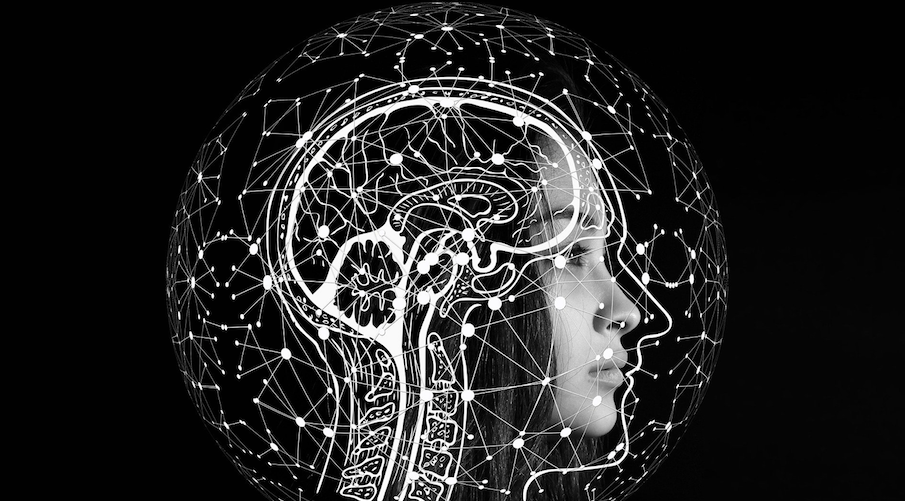Among the many skills a person develops during the course of life, learning a foreign language is the one that comes with some of the most valuable benefits.
Each and every one of us that has devoted the time and energy to become fluent in a second, or maybe even a third language, is aware of all the great advantages language learning brings.
Whether for personal growth and satisfaction, business strategies or better job opportunities, many modern people decide to add a new language to their personal assets.
Becoming fluent in a new language opens a window to new opportunities, different cultures and connects us with a bigger part of the world, but much more than that, it affects our brain development in the most positive way.
Well, do you wish to learn Spanish? Whatever the targeted language and the intention behind your desire is, you’ll enjoy much more than what you’ve expected.
Moreover, for best results, you can take online language courses such as Live Lingua Spanish that we are currently playing with, and before you know it, you’ve achieved your goal. But let’s see what more have you gained along the way.
How Learning a New Language Helps Brain Development:

A language entails many elements in order to make a comprehensible functioning.
The complex procedure of learning and remembering words, acquiring the sound system and the writing system, together with the grammar and finding the ways to put all together in expression, activate almost all parts of the brain.
Moreover, it results in the development of withe matter pathways that form strong connections between the left and right hemispheres of the brain.
Furthermore, the part of the brain where the new language information is stored is different depending on the age of acquisition.
Several studies show that the human’s capacity to use the native language is stored in the left hemisphere of the brain. Moreover, it’s the hemisphere that hosts the areas responsible for speech production and articulation and language comprehension.
But when it comes to adults, the new language they learn is saved in different areas of the brain. That being said, the brain accommodates languages separately at different points of a person’s lifespan.
Building the Brain:
In order to become good at something, practice is essential. Practice is the repetition of an action with the goal of improvement. Moreover, repetitions build faster and more efficient neural pathways that help us become good at certain skills.
If that skill requires playing an instrument or becoming good at sports, we build connections between the mind and body. Improved coordination helps our progress.
The same implies when learning a language, except this time, all we build is the brain itself. Moreover, the building of gray and with matter and the neural pathways help our brain perform better.
When you learn a new language you contribute to building a stronger brain resulting in improved memory, ability to multitask, increased cognitive skills, fast learning and great problem solving skills.
Not only that the process of learning results in building a stronger brain, but also the use of different languages.
People that speak more than one language have the ability to switch between them with imperceptible effort. This is also a great mental exercise that appears to boost gray matter volume in many regions of the brain.
Prolonging the Brain Development:
A human brain develops up until a certain point from which all the connections that were built, start to fade. Although this is an inevitable part of the aging process, science has confirmed that learning languages postpone the process of deterioration.
Moreover, the brain is subject to a constant positive or negative change depending on the experience.
That being said, the brain is able to mold itself with the acquisition of a second language.
This complex process is a sort of mental gymnastics and this particular exercise affects the regions of the brain responsible for executive functions in the brain’s ability to reorganize itself by forming new neural connections, thus prolonging the development process as we age.
Furthermore, a brain that has suffered injury can also be repaired with exercises that build new connections, meaning learning and practicing a new language.
Postponing the Onset of Dementia and Alzheimer:
The building of new connections and constant exercise prolongs the development process, thus postponing the onset of dementia as a result of aging.
The increased ability to cope with degenerative diseases like dementia or Alzheimer’s in bilingual and multilingual people has been proven with several studies.
Scientists believe that seniors’ bilingual brains have more reserve brainpower. This helps them compensate for age related memory loss and prevents the development of Alzheimer’s disease.
To conclude, the more languages a person speaks, the less likely they are to experience memory loss and cognitive decline later in their life.
